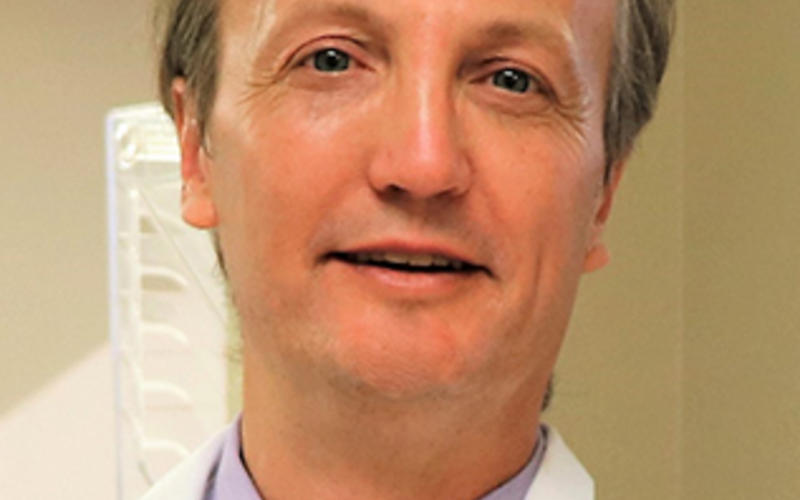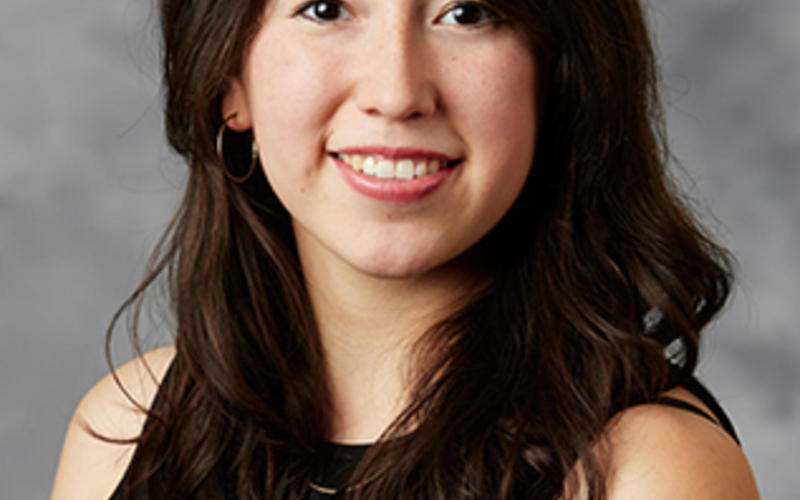
We live in an age where sickness and disease have been turned into corporate profit centers, where too often, woefully short patient-doctor visits are the rule, not the exception.
In this medical business era — Reuters reports the U.S. health care sector remains a “Wall Street darling” — insurance companies tell physicians what diagnostic tests are allowed and what prescriptions can be prescribed without speaking to, or examining, patients. To many, the health of the bottom line seems more important than the health of John Q. Public.
Yet, this is also often a time of startling medical innovation, where advances frequently bring about longer lives of good quality. Surgeons, for instance, can reshape a faltering heart so it can pump blood more easily.
Orthopedic problems and developmental abnormalities that used to force people into wheelchairs and/or lives of low self-esteem are currently overcome by doctors who are artisans with replacement materials that can seem the stuff of science fiction.
No longer with only toxic chemo in their cancer-fighting arsenal, oncologists today often use immunotherapy, with fewer side effects, to boost the body’s natural defenses to fight cancer.
So rapid is the growth in medical knowledge that an article in the Journal of the American Medical Library Association argues that for a physician to stay completely current on just primary care literature they would need to read approximately 6,000 articles a day.
With physicians the key players in treating medical problems — patient education has been enhanced by the explosion of medical news on the internet — it is important to understand what doctors and future doctors think about the state of organized medicine, where they believe its future lies. What was learned from a veteran surgeon and a doctor who recently finished post graduate training, as well as from a medical student, is that despite unhappiness with the business of medicine, their commitment to the caring/curing profession is unwavering.
Michael Scheidler
“Since the time I first started carrying a purse, I always carried a first aid kit with me because I wanted to be ‘prepared. ’The initial reason I chose to become a doctor was that I wanted to engage in international medical missions. That’s something that is still a passion of mine, but I don’t know at the moment whether it looks like a long-term or a short-term type of pursuit. Besides, truly, there are people within my current community who don’t have access to solid health care just like people in third-world countries don’t, so I wouldn’t necessarily need to leave the country to help people in that way.”
Arceo said she sees more reliance on technology such as video conferencing in the future if the physician shortage continues. “Do I think that’s the best way for medicine to go? No, not really – a significant element of our health as people depends on human-human interaction. If we strip that away in the medical setting, aren’t we compromising efficacy for efficiency?”
The medical student said the economics of health care have created a situation where patients have “limited one-on-one time with their physicians” and high co-pays for their doctor visits. “I think the system we have now is frustrating for everyone.”
Still unsure what medical specialty she’ll study, Arceo is excited about the possibilities in medicine of using adult stem cells to regenerate lost tissue. “Burn victims and traumatic injury victims would have more hope of full recovery; ‘wear and tear’ injuries that now require artificial joint replacements could have a more amenable option; and ultimately those who are recipients of transplants would have an option that wouldn’t require them to be on immunosuppressants for the rest of their lives.”
A born-again Christian, Arceo said science and religion peacefully co-exist in her life.
“Clinically, science can tell me how the human body works and what happens when things go wrong. Religion, rather, tells me the bigger purpose behind everything. Why are we here? What is the meaning of life?
